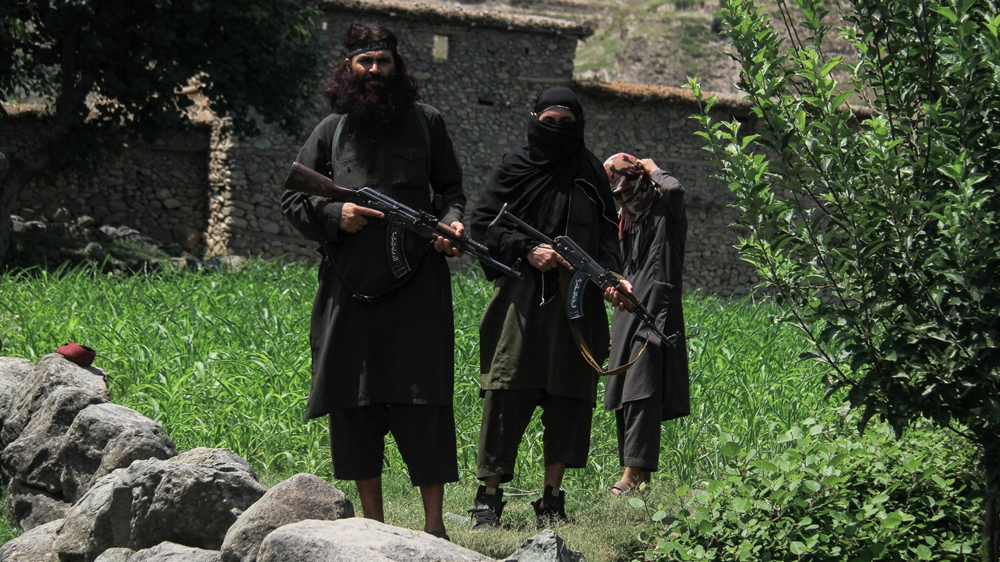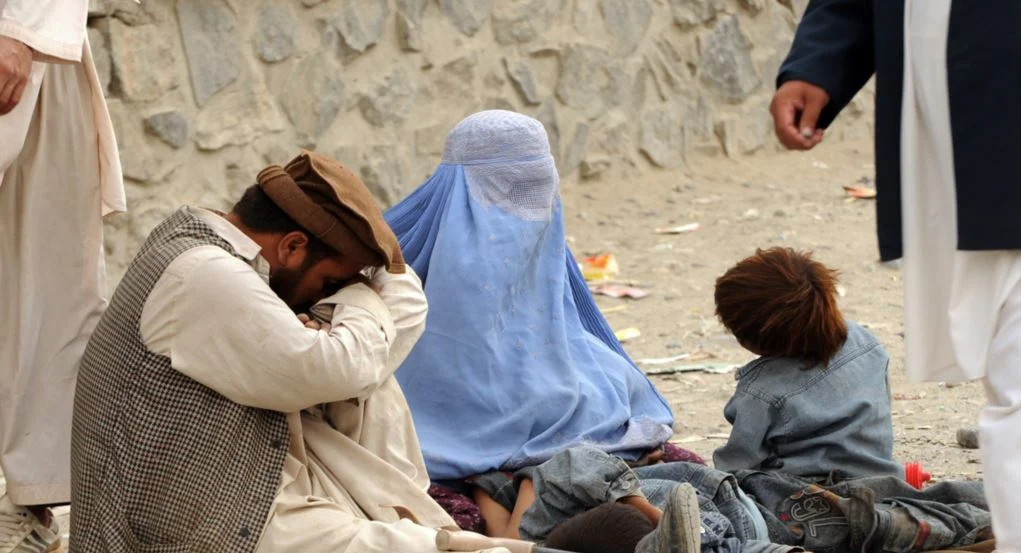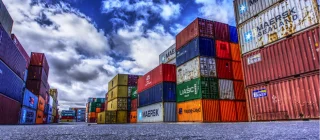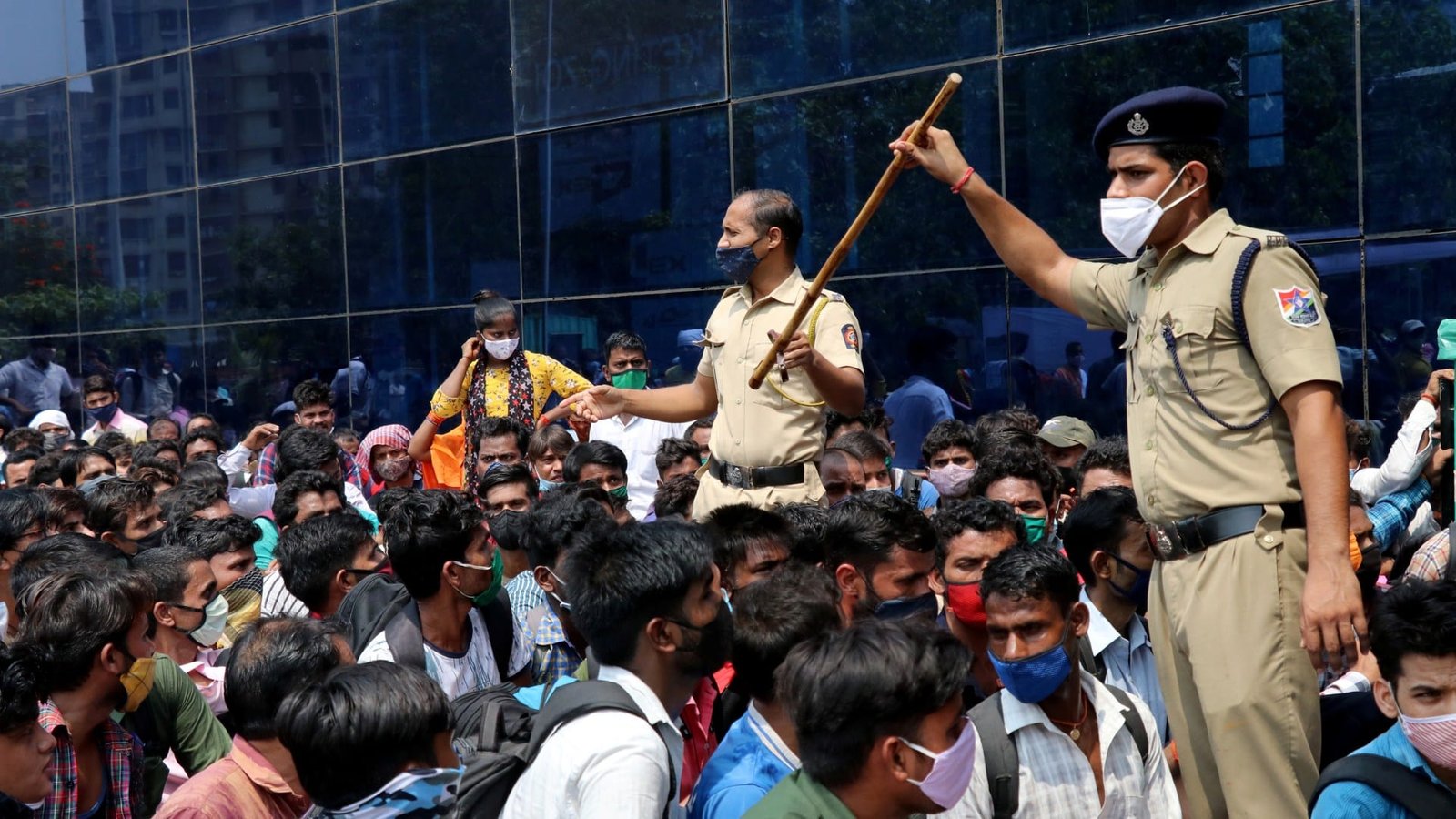The Art of Storytelling in Statecraft
Perception and its importance Perception is the ability to see, hear, or become aware of something through the senses. As humans, we tend to rely

Perception and its importance Perception is the ability to see, hear, or become aware of something through the senses. As humans, we tend to rely

In the 21st century, a new threat of war looms. Fifth-generation warfare is becoming increasingly relevant and dangerous.
Border Skirmish Several Azeri lives were lost, in the Armenian attack in the Tovuz border region of Azerbaijan on July 12, 2020. Azerbaijan-held check posts
A case of the mystery turtles On Sunday (July 12, 2020) after being entangled in plastic waste, over 20 corpses of turtles washed ashore to

The Afghan government has initiated digging trenches to capture rainwater and snowmelt on a mountain on the outskirts of Kabul.

On Wednesday, July 1, the German logistics company DHL said that it had temporarily suspended picking up import shipments from China to India. After border tensions

The outbreak of COVID-19 and the consequent lockdowns worldwide have crippled socio-economic activities for many, particularly the poor.

One of Delhi’s main hotel associations announced that its members were barring Chinese guests amidst continuous clashes between the two.
![Media companies in Afghanistan term new rules as an existential threat to independent journalism and call upon government to scrap them [Al Jazeera].](https://southasiatimes.org/wp-content/uploads/2020/07/Ghani.webp)
Media companies in Afghanistan term new rules as an existential threat to independent journalism and call upon government to scrap them.
Migratory birds have flocked the wetlands of Sindh, Pakistan’s southern province, in much greater numbers this year. Officials and other observers are linking it to